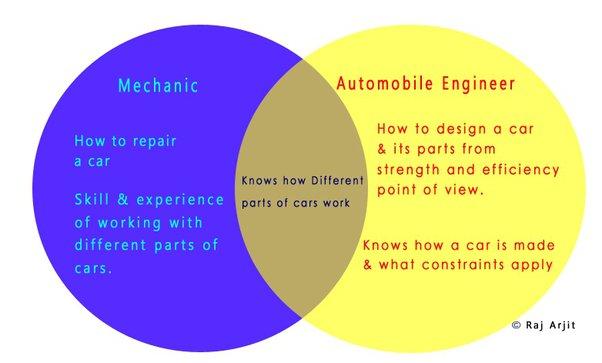If you are looking for the advantages of one over the other, you might want to learn a little about each discipline. This can help you determine which field is better suited for your career goals. While both engineering mechanics vs mechanical engineering are important, they are not the only factors to consider. Other factors to consider include communication, flexibility, the ability to accept new challenges, and safety. All of these areas are interdependent, so it is good to have an overall view of each as you make your selection.
One thing to consider is that engineering mechanics vs mechanical engineering can depend on the type of field you are working in. In fields that are less common, the differences between them are less pronounced, but the differences can still exist. For example, in chemical engineering, there is a great deal more flexibility than with mechanical engineering. Both fields, however, require certain types of education and licensing.
Tampere is a good example. While mechanical engineering does most of the heavy work in designing and constructing machinery, mechanical engineering is responsible for creating the tamperes used to build the machinery. Many times, mechanical engineering will use Tampere while mechanical engineering uses Tampere. If you are working in an area where there are many different types of machinery used, such as in the aerospace and defense industry, then you could end up with the two titles. Tampere is used in aircraft engines. However, tamperes are used in shipboard engines, onshore oil rigs, and nuclear power plants.
Electrical engineering is also related to mechanical engineering. Electrical engineers design and manufacture the cables, wires, and other components used to support communications networks and to run electric power lines. The two disciplines often work together to produce great systems. Electrical engineers work on mechanical systems, just as they do with mechanical designers.

Materials science deals with the development of materials to solve problems. The two disciplines often work together to produce products that can solve problems in different industries. For example, an engineer might create materials science programs that analyze the characteristics of various metals to determine whether certain materials are best for a particular industry. These types of materials science jobs usually involve working in laboratories and building relationships with industrial producers and manufacturers.
Whether you are an electrical engineer, a mechanical engineer, or a materials scientist, you have a choice between engineering mechanics vs engineering mechanics. You may even have a mix between the two disciplines. Some engineering majors are mechanical engineers, while others are materials scientists. And many engineering majors combine the two disciplines in one major.
One important factor when choosing engineering majors is whether engineering mechanics is the more important skill set for your future career goals. If you want to get into design, construction, and manufacturing, mechanical engineering is an excellent choice. If you want to be an engineer, you will need to take courses that emphasize materials science and get at least a 3.0 GPA in all coursework. Most engineering majors have excellent career placement services that can help graduates find good mechanical engineering jobs right out of college.
So which of these is better for you as a future mechanical engineer? Depending on what your goals are, mechanical engineering may not be better for you in the future. Engineering mechanics is definitely a good choice for most students because it is extremely useful in a variety of fields. However, there are many different paths you can take if you are looking for a solid career in the field of mechanical engineering so it is really up to you to decide which avenue is best for you.






